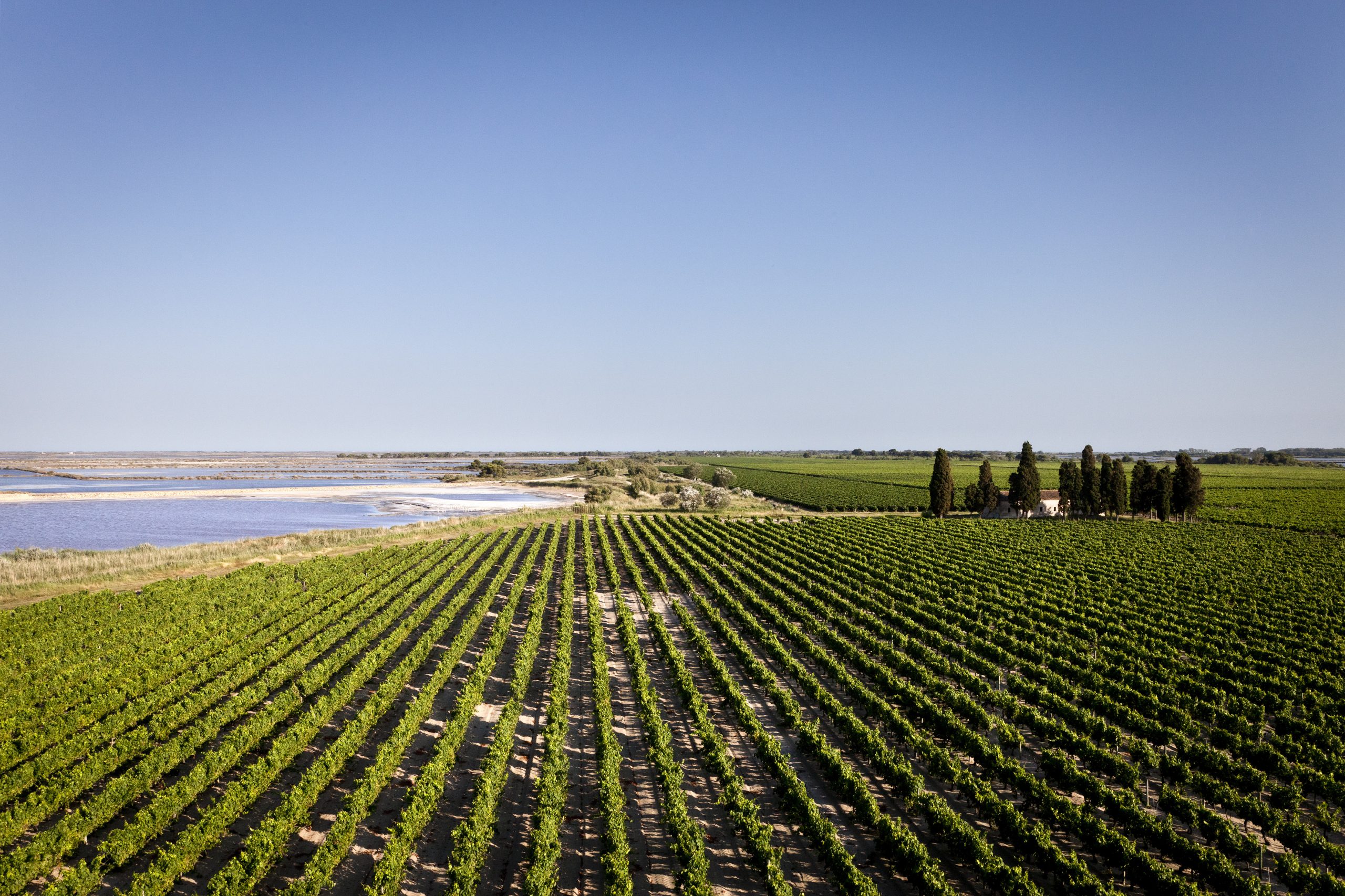Swartland Municipality issues statement on sandmining
The Swartland Municipality has issued a statement on the granting of two new sandmining licences on the Paardeberg, insisting that sandmining is “an important aspect of economic development in the Western Cape”.
A petition launched by the Protect the Paardeberg coalition on 16 February has so far been signed by more than 2,300 people.
Last week Eben Sadie, who is part of the coalition along with other Swartland winemakers, farmers and interested parties, told db he was “gobsmacked” at the Swartland Municipality’s decision to grant two new licences for sandmining in the Aprilskloof and Siebritskloof areas.
Wines of South Africa (WOSA) described the decision of the Swartland Municipality to grant two new sandmining licences on the Paardeberg as “a true blow” to the region’s winemakers.
In a joint statement with winemakers’ representative body VinPro, WOSA CEO Siobhan Thompson said that “due consideration” must be given to the damage sandmining operations could do to wine and tourism interests in the area.
The Protect the Paardeberg coalition has been given 21 days – until 3 March – to lodge an appeal against the decision of the Swartland Municipality.
The statement from the Swartland Municipality in full reads:
The Swartland Municipality has received two applications for the mining of sand on portions of the Farm Lammershoek 841/12 and the remainder of Farm La Rhine 848.
In both instances the portions concerned are ± 5 hectares in extent. Said applications concern the granting of a consent use in terms of the municipality’s Land Use Planning By-law.
Various pieces of legislation are taken into account when applications for land development within the municipality are considered, of which the following are the most important:
1. the Local Government: Municipal Systems Act, 2000 (Act 32 of 2000) (Systems Act);
2. the Spatial Planning and Land Use Management Act, 2013 (Act 16 of 2013) (SPLUMA);
3. the Western Cape Land Use Planning Act, 2014 (Act 3 of 2014) (LUPA);
4. the Swartland Municipality Land Use Planning By-law, 2015 (By-law);
5. the National Development Plan (NDP);
6. the National Environmental Management Act, 1998 (Act 107 of 1998) (NEMA);
7. the Mineral and Petroleum Resources Development Act, 2002 (Act 29 of 2002);
Partner Content
8. the Provincial Spatial Development Framework (2014) (PSDF);
9. the Swartland Municipality Spatial Development Framework (2015) (SDF).
The National Minister of Mineral Resources has already approved a mining permit for sand mine purposes for the Farm Lammershoek. Full environmental impact studies were undertaken in terms of NEMA in respect of both portions.
The competent authority approved the applications, to which certain interested and affected parties appealed. Following a full appeal process, the approval granted by the authorities concerned was maintained subject to conditions.
The PSDF states the mining of sand for construction purposes as an important aspect of economic development in the Western Cape. The document specifically refers to the presence of minerals for construction purposes in the West Coast and the role it can play in facilitating economic development.
In particular it also mentions the competition between land for agricultural purposes and land for construction materials. The SDF supports opportunities for the extraction of building sand and granite.
Depending on the specific circumstances of each application, the consideration and approval of applications are linked to conditions of approval which normally include a rehabilitation programme for the land.
The Systems Act, SPLUMA and the NDP established the principle that land use management are to support the municipality’s policy, as reflected in the municipal SDF.
The Municipal Planning Tribunal, which was established in terms of section 68 of the By-law, considered and decided both applications on 1 February 2017 subject to certain conditions, which were imposed in terms of section 60 of the By-law.
In considering an application, the Municipal Planning Tribunal must take into account the principles as stipulated in section 42 of SPLUMA and section 59 of LUPA. In both cases a consent use was granted that is linked to the mining permit.
The approval is subject to various conditions, including a full rehabilitation programme. Should the applicants not adhere to these conditions, they expose themselves to the penalties determined in the legislation.
Both the applicants and objectors were notified by registered mail of the tribunal’s decision on 10 February 2017. Any person whose rights are affected by the decision may lodge an appeal with the Municipal Manager by 3 March 2017 in terms of section 51 of SPLUMA.
The documents that were considered by the Municipal Planning Tribunal, as well as the tribunal’s decisions, can be accessed on the municipal website. If the right to appeal is exercised, it will be referred to the municipal appeal authority – ie, the executive mayor in consultation with the mayoral committee.
JJ Scholtz, municipal manager





The municipality cannot have its cake and eat it. Mining and wine tourism are not compatible,